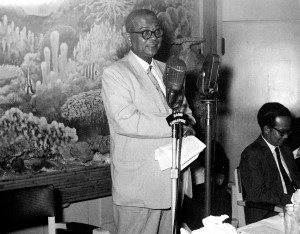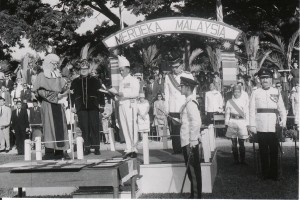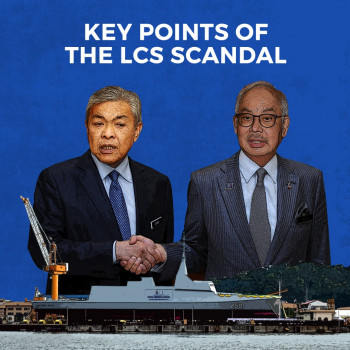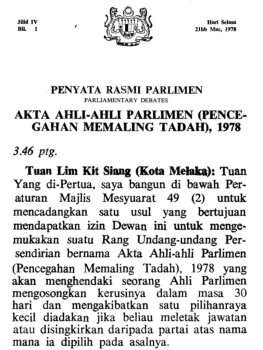 For many of those from Peninsular Malaysia, the meaning of Malaysia has always been Malaya-centric. Not only are the school text books written with a Malaya-focus, even the national museum pays scant mention to the formation of Malaysia.
For many of those from Peninsular Malaysia, the meaning of Malaysia has always been Malaya-centric. Not only are the school text books written with a Malaya-focus, even the national museum pays scant mention to the formation of Malaysia.
Up until 2010, the federal government’s official national day celebration for the whole of Malaysia was 31 August, known as Merdeka day for Malaya. 16 September was never recognised as a federal holiday.
For decades Sabah and Sarawak were the only states to designate 16 September as Malaysia Day, a public holiday.
The March 2008 general elections (GE) result changed all that. Renewed pressure from Pakatan Rakyat and Sarawak and Sabah leaders call for equal recognition began to bear fruit.
16 September was finally recognised as the country’s national holiday in 2009, after 47 years of being dusted in the history books.
For Some Of The Founders, Unhappy Endings
- For some of the Malaysia founders, their ending was tragic and ironic.
- Donald Stephens, Sabah’s first chief minister in 1963, was to die in an air crash under suspicious circumstances in 1976.
- Stephen Kalong Ningkan, Sarawak first chief minister, was to be deposed from his position unconstitutionally by the UMNO federal government and its ally.
- Tunku Abdul Rahman passed away in 1990 as an ex-UMNO member, fighting against the party he founded and the government he used to led.
- Malaysia kicked out Singapore from the federation in August 1965
20 Point Memorandum for Sabah and Sarawak
 In forming Malaysia, Sabah and Sarawak drew up a 20 points memorandum to protect both entities’ right. Some of the points were :
In forming Malaysia, Sabah and Sarawak drew up a 20 points memorandum to protect both entities’ right. Some of the points were :
- Language – English should be the official language of both states, for all purposes state or federal, without limitation of time
- Education – The existing educational system of both states should be maintained and for this reason should be under state control.
- Name of Head of State – Yang di-Pertua Negara.
- Tariffs and finance – Both states should have control of their own finance, development funds and tariffs.
- Borneonisation – Borneonisation of the public services should proceed as quickly as possible.




